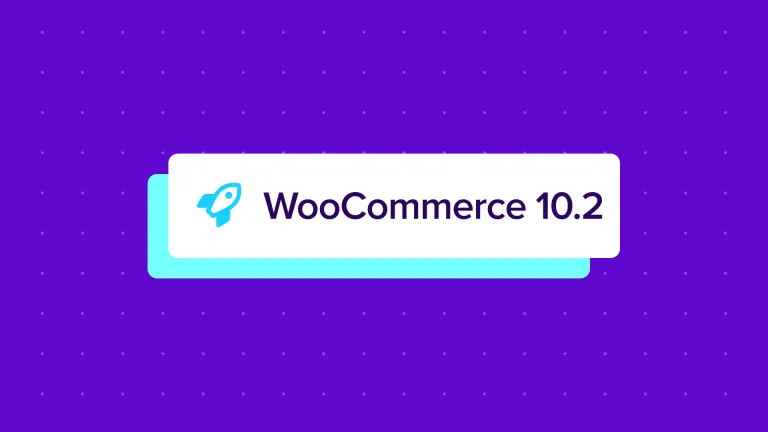Europe’s Cookie Law Overhaul: Brussels Aims to End the Pop-Up Chaos

The European Commission is preparing to tackle one of the internet’s longest-running frustrations – cookie banners. These pop-ups, now standard on nearly every website, are the result of the 2009 e-Privacy Directive, which required sites to seek user consent before placing most types of cookies.
The Problem With Pop-Ups
What began as a well-intentioned move to protect privacy has turned into an online nuisance. Years of repetitive consent requests have led most users to click “accept all” just to clear the screen. The system has created what many call consent fatigue, where real choice is lost amid endless prompts.
At the same time, the digital economy has evolved far beyond what regulators in 2009 could have anticipated. Cookies now underpin online advertising, analytics, and personalization – core functions that keep websites free and relevant. The balance between privacy and usability has become increasingly strained.
What Brussels Wants to Change
The Commission’s new proposal, expected in December, aims to simplify and modernize cookie consent. Among the ideas being discussed are:
- Allowing users to set their cookie preferences once at browser or device level instead of on every website.
- Exempting technical and statistical cookies that don’t track or share personal data.
- Aligning cookie consent rules more closely with the General Data Protection Regulation (GDPR), which uses a flexible, risk-based approach.
These steps would mean fewer interruptions for users while maintaining core privacy safeguards. The Commission is also exploring how cookie and consent management could be integrated into broader digital policy frameworks to reduce compliance complexity for businesses.
Privacy vs. Practicality
The reform will reignite Europe’s ongoing debate between protecting privacy and enabling innovation. Privacy advocates fear that broader exemptions could open the door to more tracking and profiling. Businesses argue that current rules are overly rigid and hurt both user experience and competitiveness, especially in comparison to markets outside the EU.
The challenge for Brussels is to preserve meaningful consent without overwhelming users or limiting digital growth. Simplification does not necessarily mean weaker protection – but it will require clear boundaries and transparency.
What Comes Next
The cookie law reform will likely be introduced as part of a broader “omnibus” package to streamline digital regulation. It will also intersect with the upcoming Digital Fairness Act, a separate legislative effort focused on transparency in online advertising and manipulative design practices.
If successful, the overhaul could finally put an end to Europe’s banner fatigue and replace today’s cluttered consent system with a smarter, more intuitive approach. But as with most digital reforms in Brussels, compromise will take time – and plenty of negotiation.




